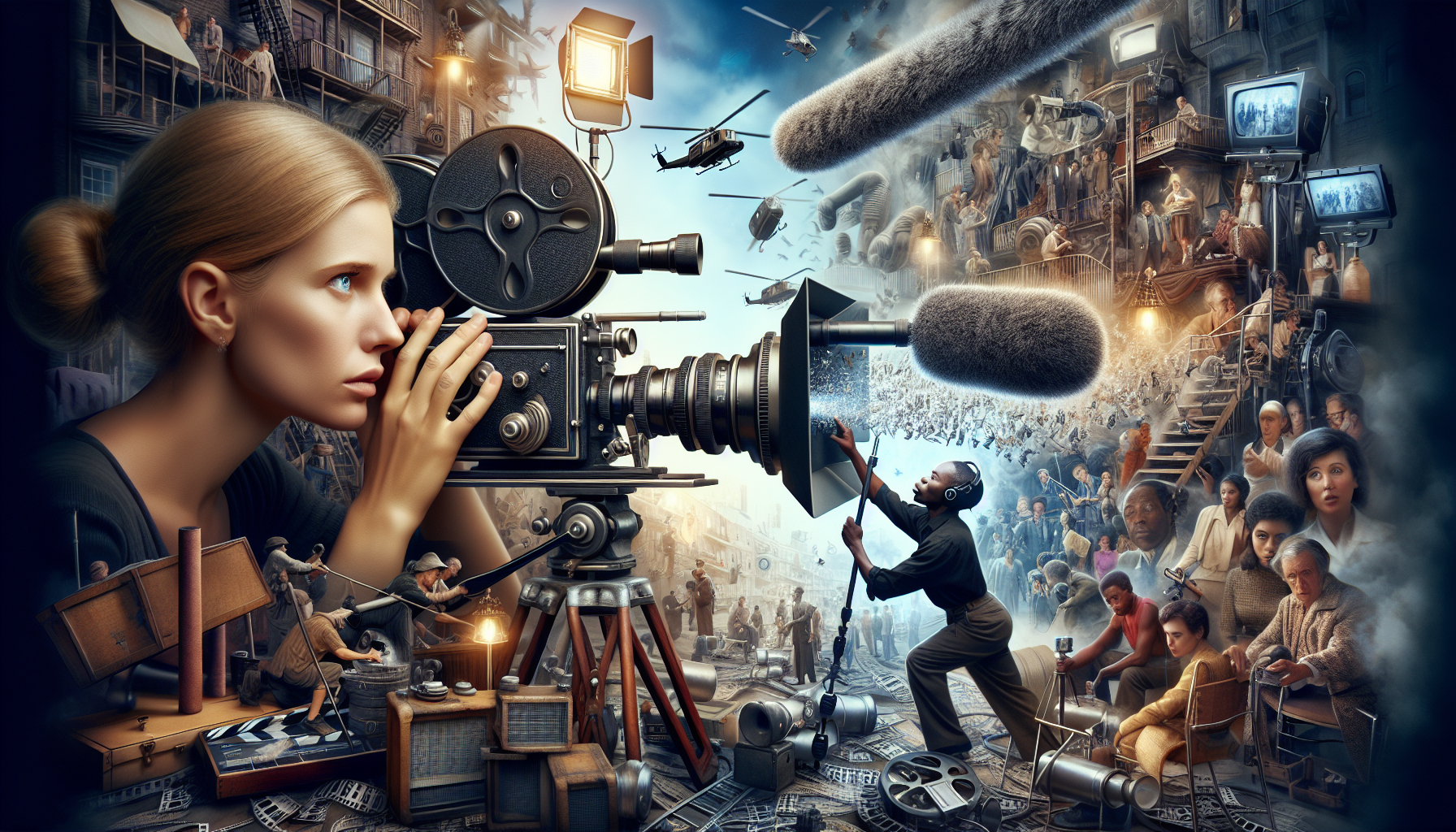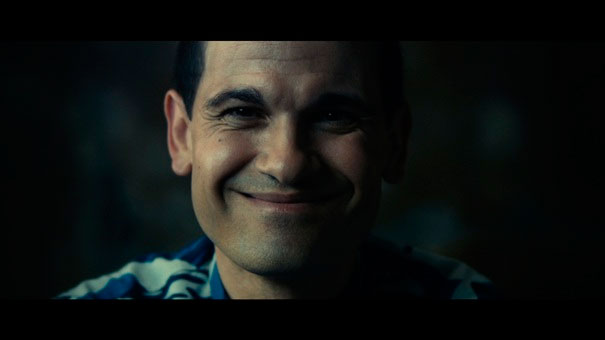Documentary filmmaking is a powerful art form that seeks to depict reality in its most raw and unfiltered form. It’s a platform of storytelling that offers a unique window into the lives of people, events, and issues that many of us would otherwise not experience. It uncovers truths, challenges prejudices, and enlightens us about the world we inhabit. However, what often goes unnoticed is the arduous process of bringing these reality stories to the screen. This article aims to reveal some of the complexities involved in documentary filmmaking, to unmask the behind-the-scenes reality.
Contrary to the popular belief, creating documentaries requires much more than simply pointing a camera at reality and hoping for the best. Extensive research, planning, and a clear sense of direction are prerequisites to any successful documentary project. Unlike in fictional narratives where a director and script writer can device the storyline, documentary filmmakers begin their journey not knowing how their story will unfold.
The challenges faced by these artisans of the lens begin at the early stages with funding. Raising money to produce a documentary can be a strenuous undertaking, particularly for indie filmmakers without the backing of large production companies. Passion drives many of them to invest their own resources, crowdfund, or seek grants before production begins.
When it comes to production, documentary filmmaking often requires months or even years of work. Filmmakers must immerse themselves in the environment they are documenting, establish relationships, and earn the trust of their subjects, which can be a notoriously complex process. Subjects may need assurance that they will be portrayed with honesty and respect, while also dealing with their fear of being misrepresented or ridiculed. Balancing objectivity with empathy becomes crucial in maintaining rapport and trust, and ultimately ensures the authenticity of the story being told.
The issue of consent is another critical aspect of documentary filmmaking not usually encountered in the world of fiction. Filmmakers need to secure detailed and informed consent from anyone who appears in the documentary. This can be an obstacle particularly when documenting sensitive or controversial issues. Ensuring ethical and legal considerations are thoroughly met, often add to the complexity and length of the entire process.
Once the footage is collected, the film enters post-production – perhaps the most crucial phase of filmmaking, yet one most audiences remain oblivious of. Documentary filmmaking, through innovative storytelling techniques, complex editing, music, and voice-over narration, shapes hundreds of hours of raw footage into a compelling narrative that viewers can emotionally connect with. The editor’s desk, at this stage, becomes a crucial place where the filmmakers face tremendous pressure to do justice to their subjects, uphold objectivity, while also crafting a compelling narrative.
Lastly, gears for distribution and promotion of the documentary need to kick in. Again, independent filmmakers without powerful allies face an uphill battle to find a distributor or streaming platform willing to take on their project. This extends the filmmaking journey far beyond the completion of the film itself.
In conclusion, documentary filmmaking, while offering authentic narratives and insights into different realities, also involves a complex and demanding process. Behind every powerful documentary lies an intricate tapestry of extensive research, relationship-building, ethical dilemmas, resourceful storytelling, meticulous editing, and strenuous promotion efforts.
However, despite all the hindrances, filmmakers persist in their quest to illuminate lesser-known truths, to challenge prevailing narratives and to give a voice to the voiceless – a testament to the creative spirit and commitment. The next time you watch a documentary, remember the unspoken heroes behind the scenes, who in their unrelenting pursuit of truth, are continuously reshaping our understanding of the world.




